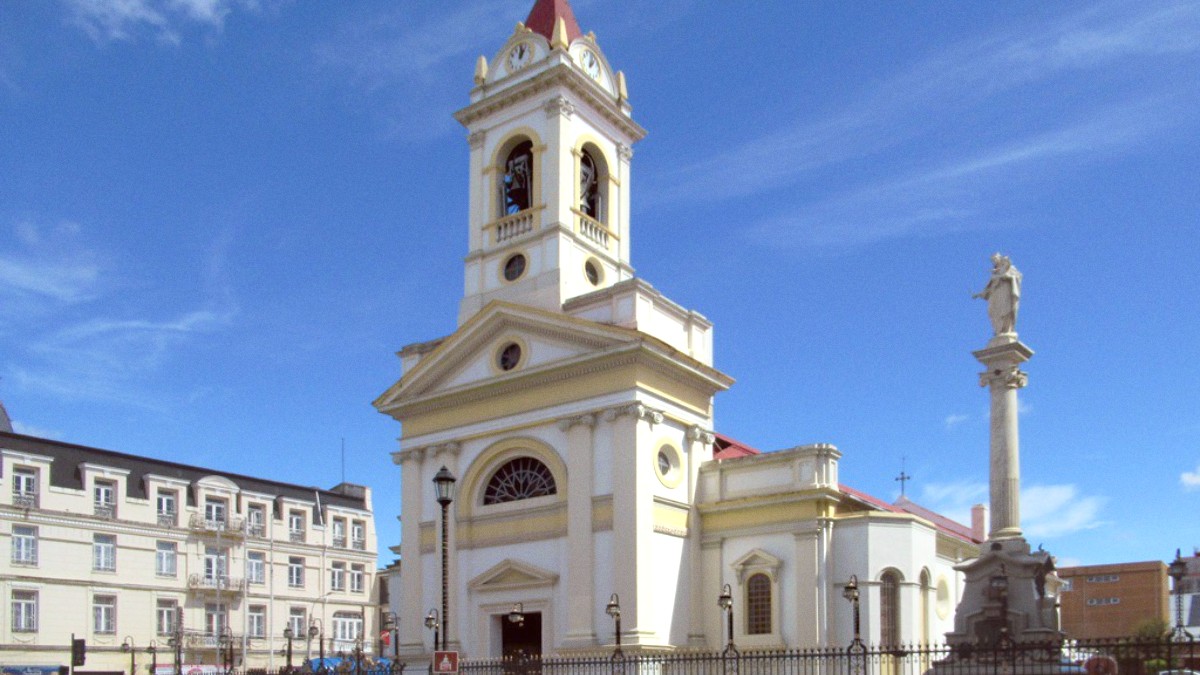
Southern Patagonia, Chile
If your nationality requires a visa, begin the application process through a Chilean consulate or embassy in your country of residence. Obtain a list of required documents from the official website of the Ministry of Foreign Affairs of Chile. Start this process well in advance, as processing times vary.
Upon arrival in Chile, present specific documents to immigration officials. Have them ready to avoid delays. Chile eliminated the "reciprocity fee" in 2014; no general entry fee applies to tourists upon arrival.
Most tourist activities within Punta Arenas do not require special permits. For expeditions to Antarctica, specific cruise operators handle all necessary permits and regulations as part of the expedition cost. You do not arrange these yourself.
Chile has no specific health-related entry requirements for general tourism. However, if you travel from a country with a risk of yellow fever, Chilean authorities may require proof of vaccination. Check the latest health advisories before your trip.
No specific requirements for entry from most countries.
Consult a travel health professional (4-6 weeks before trip) for routine vaccinations (MMR, DTP, Polio), Hepatitis A, and Typhoid.
Proof of vaccination may be required if traveling from a country with yellow fever risk.
Prepare for potential issues.
Traveler's Diarrhea (food hygiene, purified water). Sunburn/Windburn (sunscreen, hat, lip balm). Hypothermia/Frostbite (layers, windproof clothing).
Altitude sickness is not an issue as Punta Arenas is at sea level.
Adequate facilities are available.
Hospital Clínico Magallanes, Clínica Magallanes (private). Major pharmacy chains: Farmacias Cruz Verde, Salcobrand, Ahumada.
Ambulance (SAMU): 131. Police (Carabineros): 133. Fire Department (Bomberos): 132.
Punta Arenas maintains a reputation as a safe city for tourists. However, petty crime can occur, similar to any urban area. Pickpocketing and bag snatching can happen in crowded areas like markets, bus terminals, or popular tourist spots. Do not display valuables openly. Remain aware of your surroundings. Avoid walking alone in poorly lit areas late at night. Use hotel safes for passports and large sums of cash.
Chile is seismically active, but Punta Arenas faces a lower risk of severe earthquakes compared to central Chile. Minor tremors can occur. Strong Patagonian winds are a constant hazard, especially in summer, affecting outdoor activities. In winter, heavy snowfall and icy conditions can affect travel and outdoor activities. Check local weather reports and road conditions before planning excursions.
131 (Ambulance), 133 (Police), 132 (Fire).
Have contact info for your country's embassy in Santiago or local consulates.
Keep digital and physical copies of passport, visa, and insurance policy separate from originals.
Contact your travel insurance provider for guidance on medical care or other incidents.
Consider SafetyWing for digital nomads and remote teams.
Layering is the single most useful strategy for dressing in Patagonia. Temperatures fluctuate, and strong winds can make even a mild day feel cold.
Focus on moisture-wicking materials and adaptable layers.
Protection from wind and cold is , even in summer.
Stay connected and capture memories.